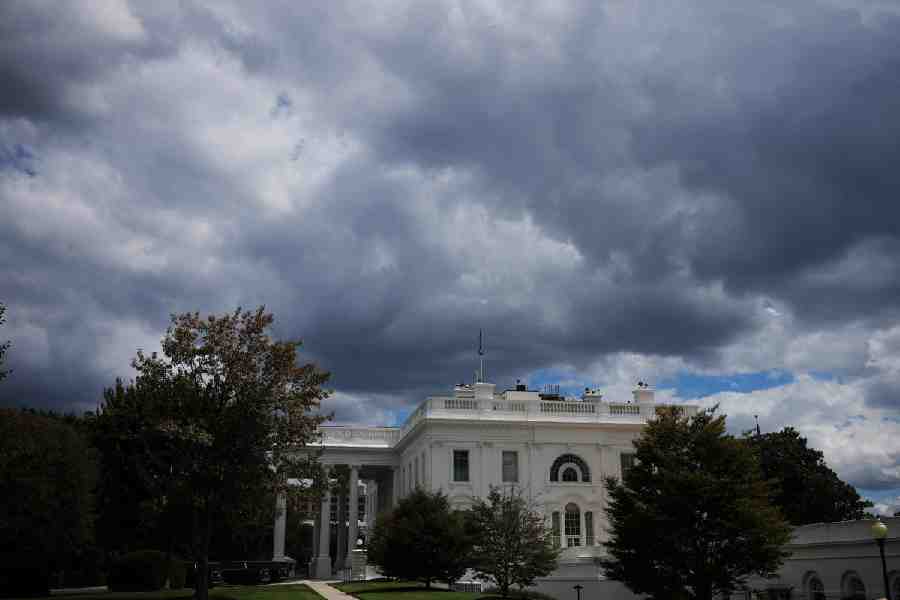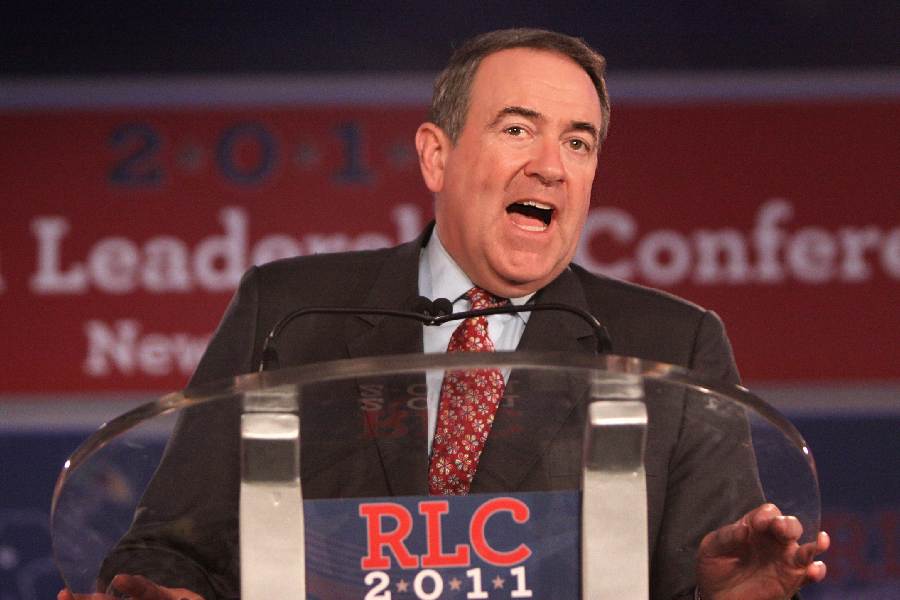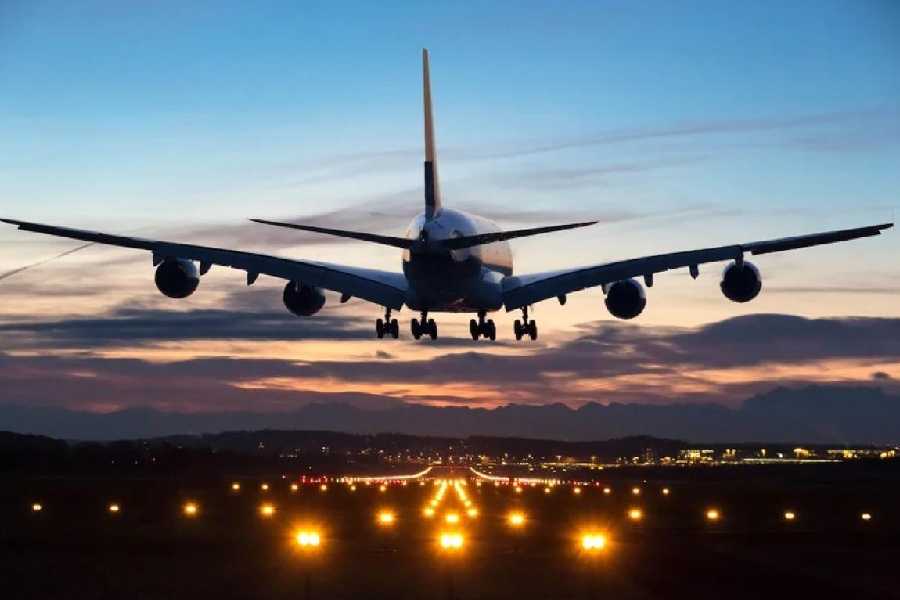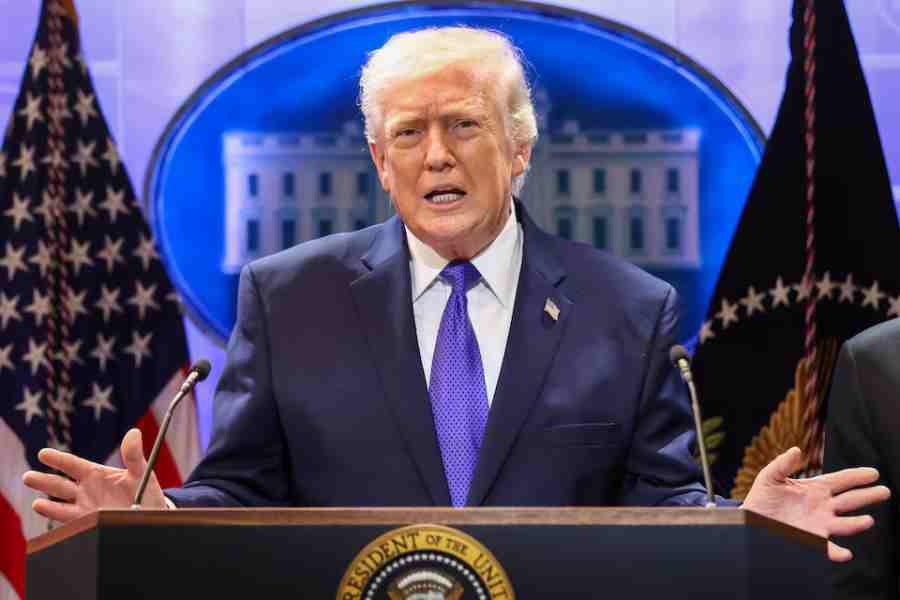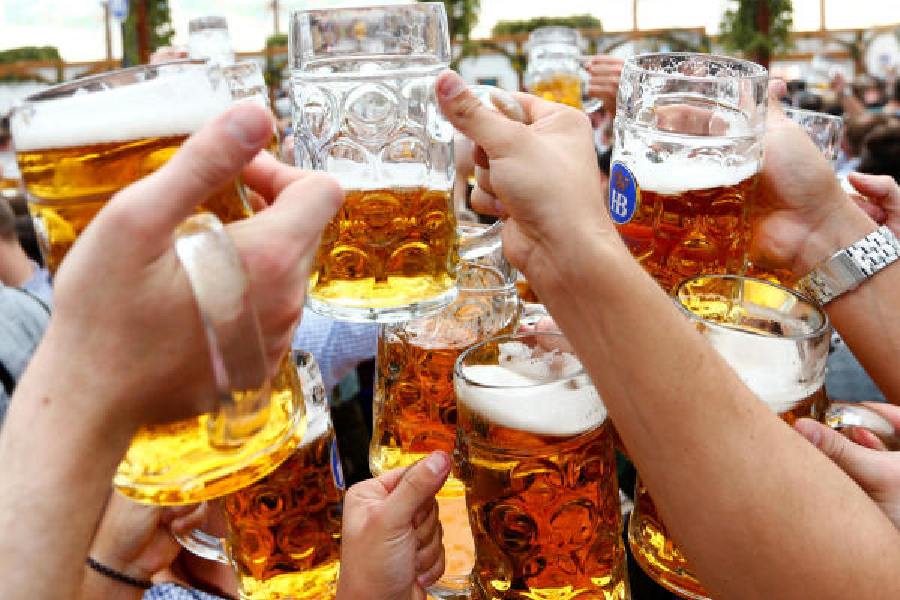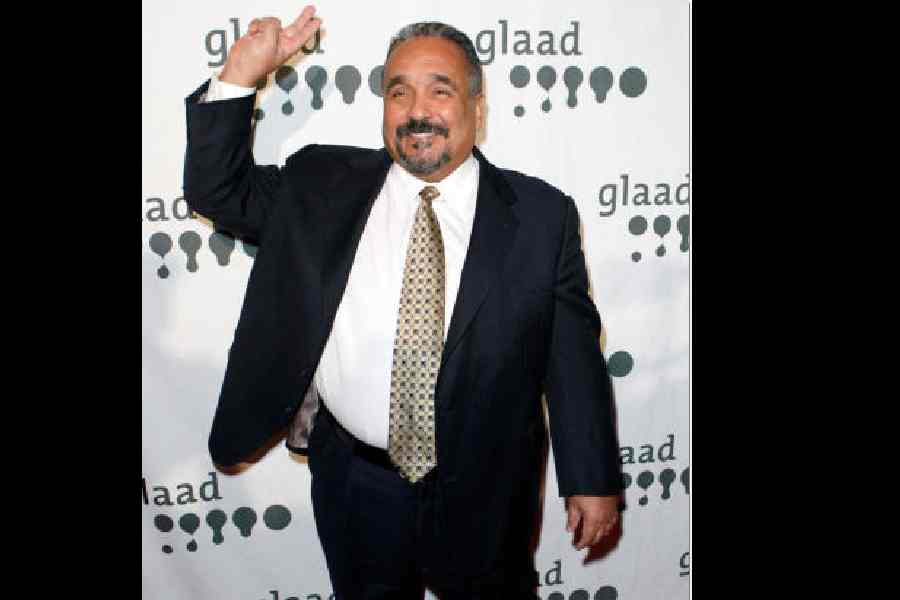Ikigai to the rescue
Sir — ‘Will it, won’t it’ is the question on everyone’s lips as the spectre of Artificial Intelligence taking over jobs and replacing humanity looms large. Researchers have warned that the AI takeover could strike at the very essence of being human, that is, it would end creativity. Interestingly, the Japanese scientist, Ken Mogi, has argued that embracing the Japanese concept of ikigai — it refers to finding happiness in small, day-to-day things — can be a safeguard against AI’s invasion. The philosophy entails that life’s meaning is not measurable in terms of productivity. While such a tenet does signal a call to getting back to the basics, one wonders how many have the power to do that — discarding their phones on which they now depend for the smallest of tasks.
Sharmila Sahoo,
Delhi
Mood shifts
Sir — Only time will tell whether the statement made by Donald Trump, the president of the United States of America, about the “special relationship” between India and the US was mere verbal gymnastics or a marker of a shift in his approach towards India (“Shadows of doubt in signals of thaw”, Sept 7). Trump is known to be inconsistent. The Indian prime minister, Narendra Modi, once bitten, twice shy, reciprocated to his overtures with abundant caution.
Trump’s lamentation that the US lost India and Russia to the “deepest and darkest” China appears to be a tacit admission of how his punitive tariffs have backfired. Trump has realised that he bit off more than he could chew and is now trying to make amends with India. Trump must follow up his dialling down of diatribes against India with action to salvage and strengthen Indo-US ties. On India’s part, following a policy of non-alignment would be in its best interest.
G. David Milton,
Maruthancode, Tamil Nadu
Sir — Donald Trump has a knack for doing a flip-flop. Narendra Modi’s bonding with the Chinese and the Russian leaders, Xi Jinping and Vladimir Putin, respectively, in Tianjin has forced Trump to climb down from his high horse. He first posted a picture of the troika wishing them a long and prosperous future together and then decided to change tack, lavishing praises on Modi.
Can these overtures pave the way for a thaw in Indo-US relations? New Delhi should not raise its hopes too high. It is evident that India has managed to send a strong message to Washington that it will not succumb to any pressure. Trump needs to realise he cant have his cake and eat it too.
Khokan Das,
Calcutta
Sir — The increasing proximity between India and China might be catalysed by the imposition of tariffs by Donald Trump but should not be seen as wholly driven by that. The thaw in the ties between India and China — the two nations had been engaged in a standoff on the Line of Actual Control since 2020 — was visible last year when Narendra Modi and Xi Jinping agreed on troop disengagement in Ladakh and decided to resume dialogue.
Sukhendu Bhattacharjee,
Hooghly
Sir — Narendra Modi needs to be careful in his interactions with foreign dignitaries and refrain from making exaggerated gestures like embracing them and calling them “great friends”. The prime minister of the world’s largest democracy and the fourth-largest economy must show restraint. From being close friends with Donald Trump to being slapped with the highest tariffs by the US, from hosting Xi Jinping to Chinese troops encroaching on India’s borders, from engaging in ‘chai pe charcha’ with the then Pakistan prime minister, Nawaz Sharif, to bilateral ties hitting rock bottom with the Pahalgam terror attack, India’s relationships with each of these nations has undergone a sea-change over the years. India must thus follow realpolitik when dealing with world leaders.
S. Kamat,
Mysuru
Sir — While it is heartening that Donald Trump has called Narendra Modi a “great prime minister”, it does not necessarily indicate the former’s change of heart about punishing India with tariffs. India has already indicated that it will not be dictated by the US but will buy oil from whichever country it chooses to, prioritising its national interest. Facing internal pressures for his punitive tariffs that are creating havoc for the world economy, Donald Trump is realising that he cannot bully every country as per his whims.
S. Balakrishnan,
Jamshedpur
Hollow words
Sir — Keir Starmer, the British prime minister, announced that the United Kingdom will recognise a Palestinian state in September unless Israel agrees to a ceasefire in Gaza. Britain can never go against Israel. The British Police recently arrested about 900 protesters at a rally supporting the Palestine action. Starmer’s words on recognising Palestine are not based on conviction.
Jang Bahadur Singh,
Jamshedpur
Under a spell
Sir — Our cellphones have got us trapped. It is a situation from which humans cannot escape (“Life in a cell”, Sept 7). Our lives revolve around our cellphones and social media. This is extremely harmful as people are slowly getting cut off from the real world and prioritising their online existence.
Nibedita Das,
North 24 Parganas
Sir — Many countries have been imposing various levels of restrictions on smartphone use at school. Experts say that smartphone use may detract, rather than complement, social interactions. The attention span of both children and adults has declined because of excessive phone usage.
H.N. Ramakrishna,
Bengaluru
Sir — “Life in a cell” by Mukul Kesavan reminded me of an incident when I lost my mobile phone while travelling in Mumbai. It felt like I was stranded as the world moved on around me.
Sourav Ash,
Calcutta


